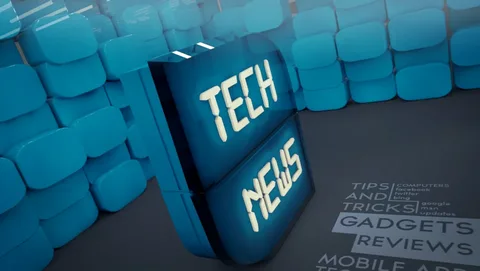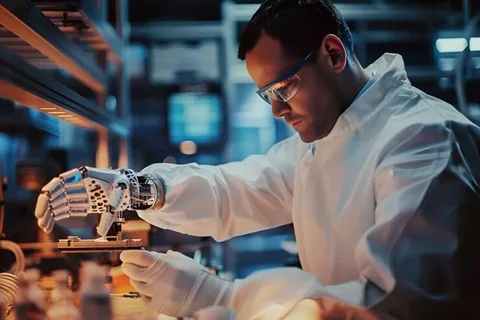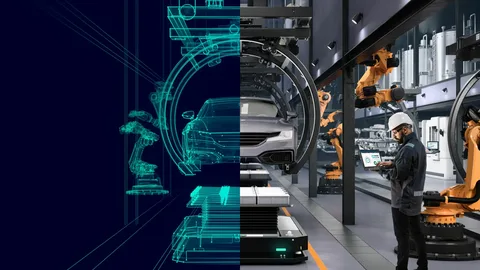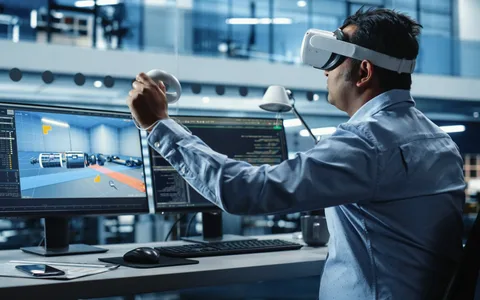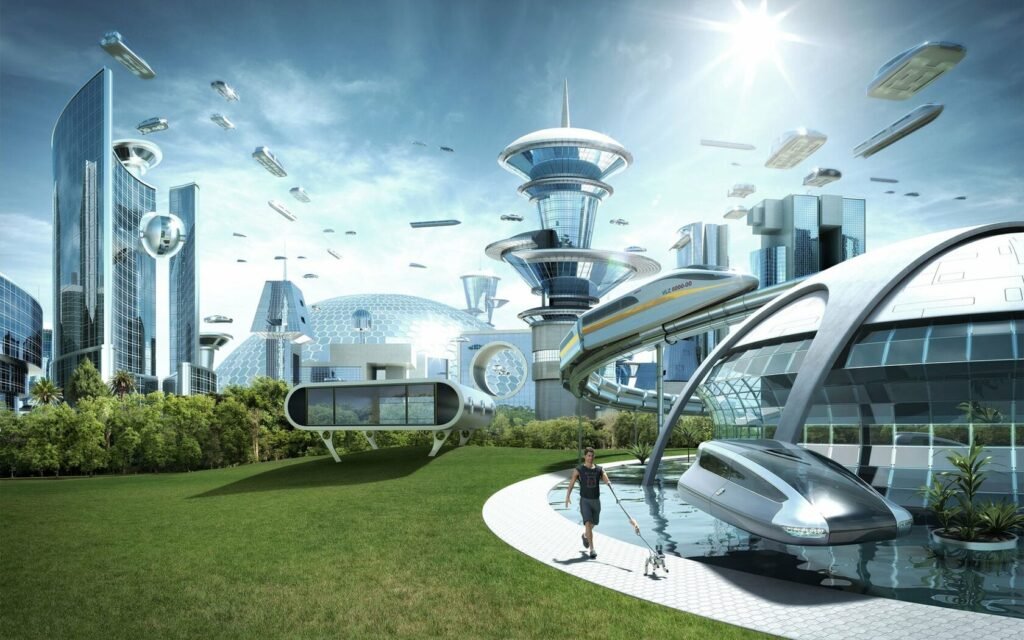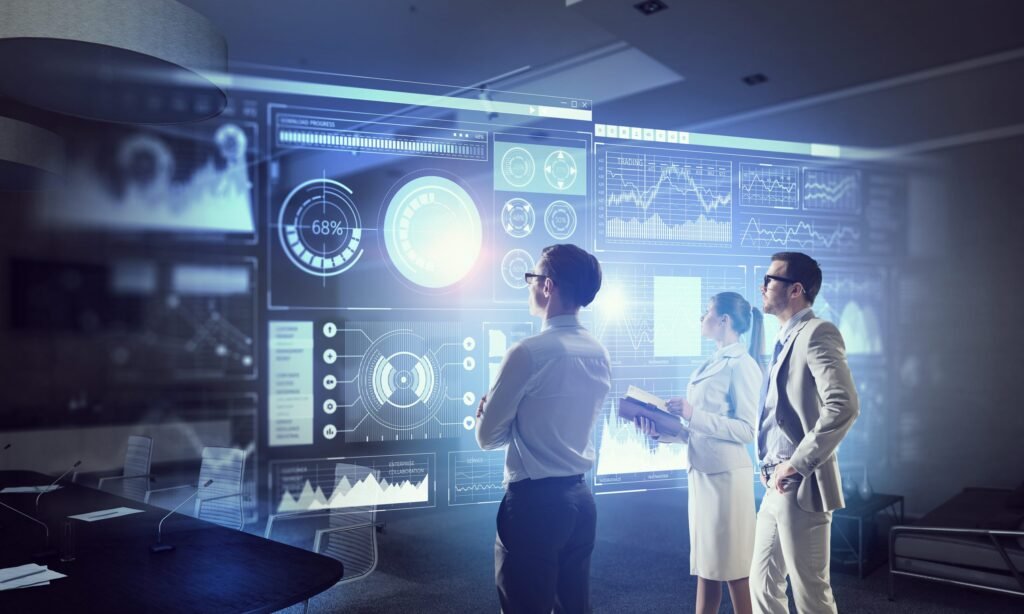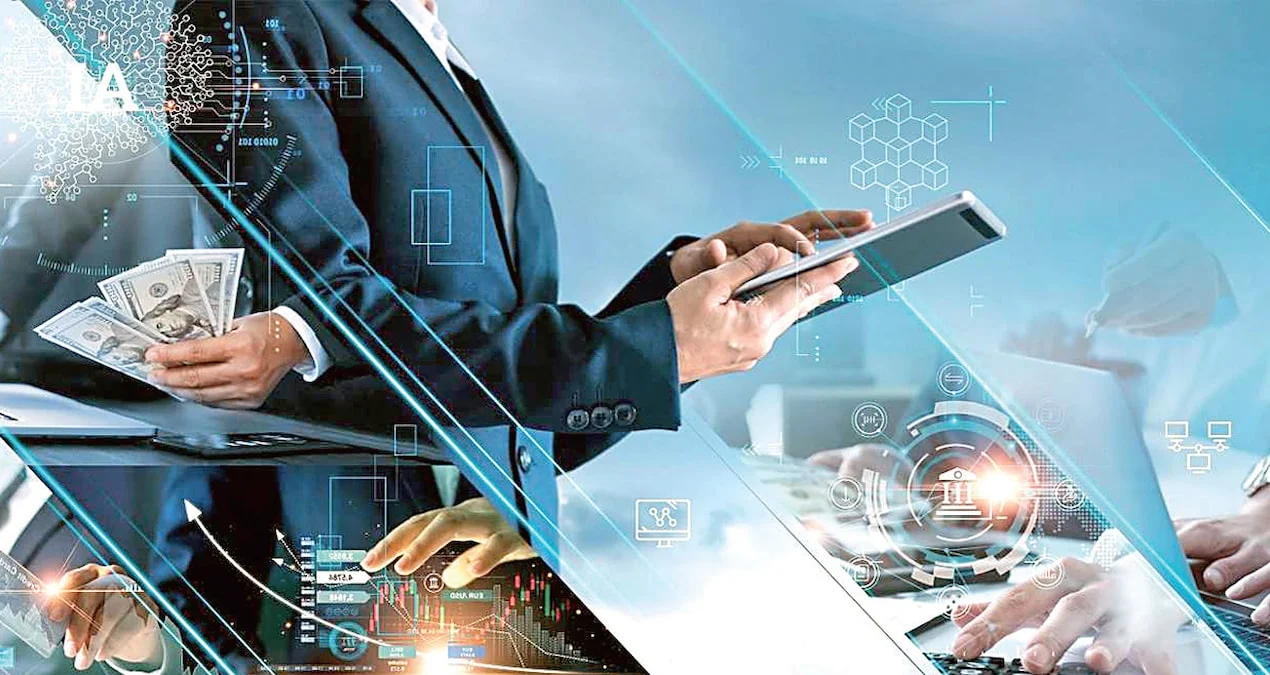How Technology is Transforming Traditional Businesses
The rapid advancement of technology has dramatically reshaped the business landscape. Traditional businesses, once reliant on conventional methods, are now embracing digital tools and innovations to stay competitive and meet evolving customer expectations. From small local shops to large corporations, technology is driving profound changes in how businesses operate, market, and deliver value.
Key Ways Technology is Transforming Traditional Businesses
Enhanced Customer Experience
Technology enables businesses to connect with customers in more personalized and efficient ways. Customer Relationship Management (CRM) systems help track preferences and history, allowing tailored marketing and improved service. Online platforms and mobile apps offer convenience, making it easier for customers to engage and shop anytime, anywhere.
Streamlined Operations
Automation tools, cloud computing, and advanced software simplify business processes. Inventory management, accounting, and human resources functions can now be handled more accurately and efficiently, reducing errors and saving time and costs.
Expanded Market Reach
The internet and social media platforms have broken geographical barriers. Traditional businesses can now reach global audiences through e-commerce websites and digital marketing campaigns, opening new revenue streams.
Data-Driven Decision Making
Businesses can collect and analyze vast amounts of data to understand market trends, customer behavior, and operational performance. This data-driven approach helps in making informed strategic decisions that enhance competitiveness.
Improved Communication and Collaboration
Technology tools like video conferencing, instant messaging, and project management software have transformed internal communication. Teams can collaborate seamlessly, regardless of location, increasing productivity and innovation.
Adaptation to Changing Consumer Behavior
As consumers become more tech-savvy, their expectations evolve. Businesses that adopt technology are better equipped to meet demands for fast service, personalized experiences, and multi-channel interactions.
Challenges in Adopting Technology
Despite the benefits, integrating new technology can be challenging for traditional businesses. High costs, lack of expertise, and resistance to change are common obstacles. Successful adoption requires a clear strategy, employee training, and ongoing support.
Conclusion
Technology is no longer optional but essential for traditional businesses aiming to thrive in today’s dynamic market. By embracing digital transformation, businesses can enhance efficiency, improve customer satisfaction, and unlock new growth opportunities. The key lies in adapting to change and leveraging technology to complement and enhance traditional strengths.
FAQS
How does technology enhance customer experience in traditional businesses?
Technology allows personalized communication, online shopping, and easier customer engagement through CRM systems and mobile apps.
What operational processes can technology streamline?
Automation, inventory management, accounting, and human resources are streamlined through advanced software and cloud computing.
How does technology help businesses expand their market reach?
Digital platforms and e-commerce enable traditional businesses to reach global customers beyond their local areas.
Why is data important for businesses using technology?
Data helps businesses analyze customer behavior and market trends to make informed decisions and improve competitiveness.
How has communication improved with technology in businesses?
Tools like video conferencing and instant messaging enable seamless collaboration regardless of team members’ locations.
What challenges do traditional businesses face when adopting technology?
Challenges include high costs, lack of technical skills, and resistance to change, requiring strategic planning and training.



